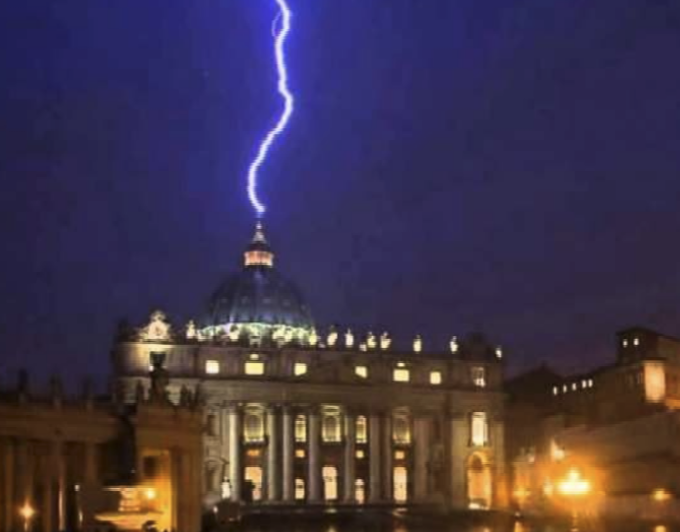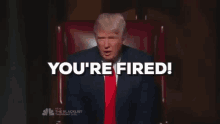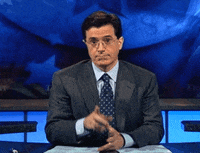Let’s start with some basic facts about a hot, hot story on the religion-news beat — the escalating clashes between Pope Francis and doctrinal conservatives in his church.
We know that Pope Francis and the wider Synod on Synodality camp wants to bring a wave of “reform” to the Roman Catholic Church, with some openly stating that this includes the modernization of doctrines as well as the pastoral-care practices linked to traditional doctrines.
We know that Cardinal Raymond Burke and others — mostly leaders from the era of Pope St. John Paul II and Pope Benedict XVI — insist that their primary goals are to defend the church’s doctrines, primarily on moral issues, as stated in the Catechism and centuries of church tradition.
Thus, journalists need to thinking about the meaning of several words that they are using, over and over, in coverage of this clash inside the Church of Rome. These three words were at the heart of this week’s “Crossroads” podcast (CLICK HERE to tune that in).
What three words?
The first word is “reform.” In a previous post, I turned to online dictionaries and found this useful set of definitions for that loaded term:
Reform …. * make changes for improvement in order to remove abuse and injustices; "reform a political system" * bring, lead, or force to abandon a wrong or evil course of life, conduct, and adopt a right one; "The Church reformed me"; "reform your conduct" ... * a change for the better as a result of correcting abuses; "justice was for sale before the reform of the law courts" ... * improve by alteration or correction of errors or defects and put into a better condition; "reform the health system in this country" * a campaign aimed to correct abuses or malpractices. ...
What doctrines and pastoral traditions are we talking about?
The Associated Press report focusing on the pope’s latest actions against Cardinal Burke — the loss of his apartment in Rome and, most likely, his stipend — offers the following:
Burke, a 75-year-old canon lawyer whom Francis had fired as the Vatican’s high court justice in 2014, has become one of the most outspoken critics of the pope, his outreach to LGBTQ+ Catholics and his reform project to make the church more responsive to the needs of ordinary faithful.
Twice, Burke has joined other conservative cardinals in issuing formal questions to the pontiff, known as “dubia,” asking him to clarify questions of doctrine that upset conservatives and traditionalists.










